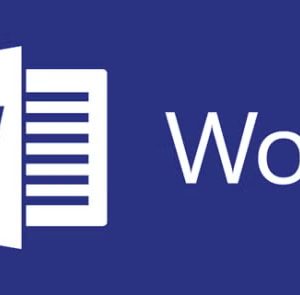Description
Annotated Bibliography Entries
Instructions
In this assignment, you will compile your bibliography entries and add more articles or chapters about adult education until you have a total of 12.
Develop a detailed annotation for each of the sources, following principles you learned in your exploration of Capella library resources. The annotation for each (which is to be written in current APA format) should include:
- A 100–300-word synopsis of each article or chapter.
- A detailed statement of how you see each article or chapter as being useful in the development of your doctoral dissertation or capstone project.
As described in Unit 2, ask yourself these questions before including a source:
- Is the source no older than 7 years?
- If it is older than 7 years, is it a seminal source?
- If it is a seminal source, have you clearly explained in the annotation how it meets that designation?
- Is it a peer-reviewed journal or book chapter?
- If it is not a peer-reviewed journal or book chapter, can you locate the content in a peer-reviewed journal or book chapter?
- If you cannot locate the content in a peer-reviewed journal or book chapter, have you clearly stated in the annotation why the information is critically important?
- You may not use an entire book for an annotation, although you can use individual chapters of a book.
- Have you noted whether the resource is primary, secondary, or tertiary?
Be sure to use current APA style and formatting.
Please use these sources for the annotation bibliography
Caffarella, R. S., & Daffron, S. R. (2013). Planning programs for adult learners: A practical guide (3rd ed.). San Francisco, CA: Jossey-Bass.
Dembo, R., & Gulledge, L. M. (2009). Truancy intervention programs: Challenges and innovations to implementation. Criminal Justice Policy Review, 20(4), 437-456.
Spaulding, D. T. (2014). Program evaluation in practice: Core concepts and examples for discussion and analysis (2nd ed.). San Francisco, CA: Jossey-Bass.
Merriam, S. B., & Bierema, L. L. (2014). Adult learning: Linking theory and practice.
San Fransico, CA: Jossey-Bass.
Veermans, M., & Järvelä, S. (2004). Generalized achievement goals and situational coping in inquiry learning. Instructional Science, 32(4), 269-291. doi:10.1023/b:truc.0000026465.74406.47
Babb, B. (2014). A Truancy Court Program to Keep Students in School. SSRN Electronic Journal. doi: 10.2139/ssrn.2504548
Garst, B.A., & McCawley. P. F. (2015). Solving problems, ensuring relevance and facilitating change: The evolution of needs assessment within cooperative extension. Journal of Human Sciences and Extension, 3(2), 26-47.
Paul, R., & Elder, L. (2012). Critical thinking: Tools for taking charge of your learning and your life (3rd ed.). Boston, MA: Pearson.


Reviews
There are no reviews yet.